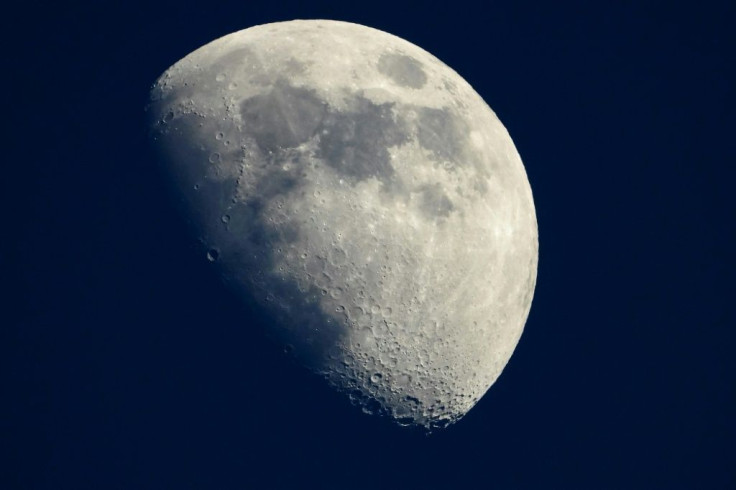FLEX: Astrolab Introduces New Lunar Rover That Can Carry Both Humans And Cargo
KEY POINTS
- Astrolabs unveiled its lunar rover called FLEX this week
- Retired astronaut Chris Hadfield was among those who tested FLEX
- The rover has "a wide range" of utility and is able to carry various payloads
California startup Astrolab has unveiled its new lunar rover that can carry both humans and cargo. The vehicle can help support sustained human presence on the moon and eventually to Mars.
Astrolab, an aerospace company, introduced its "multi-use" lunar rover, which can carry various payloads, via a news release this week. Called Flexible Logistics and Exploration (FLEX), the rover can carry up to 1,500 kilograms of cargo, SpaceNews reported. It can also swap payloads on its own and can either be moved remotely or be driven by astronauts.
As the company explained, previous planetary rovers sent about "once per decade" are often custom-designed around a specific payload and also cost billions to make each. It doesn't exactly match NASA's goal of building a sustainable presence on the moon and Mars, according to the company.
"FLEX achieves a wide range of utility by being able to collect, transport, and deposit any payload that conforms to what will be a standard and open interface," Astrolab founder and CEO Jaret Matthews said in the company news release.
Only recently, Astrolab conducted a test of a fully functional prototype of the rover in California's Death Valley, during which the vehicle's capabilities and various activities were tested.
Meet FLEX. Astrolab’s adaptive, multi-use planetary rover is built to provide the mobility required to support a permanent presence on the Moon and Mars. Learn about our recent field test with @Cmdr_Hadfield + @MichTheMartian. https://t.co/9Ld4c58N6L pic.twitter.com/WNqUg2Srg9
— Astrolab (@Astrolab_Space) March 10, 2022
Chris Hadfield, a retired NASA and the Canadian Space Agency astronaut, engineer and also an Astrolab Advisory Board Member, was among those who participated in the field test.
"As we transition from the Apollo era, which was focused on pure exploration, to now, where people will be living for longer periods on the Moon, the equipment needs to change," Hadfield said in the company news release.
"When we settle somewhere, we don't just need to get people from one place to another, but we need to move hardware, cargo, life support equipment and more. And it's all dependent on mobility. It was not only a joy to drive FLEX but also see its size, capability and get an intuitive sense of what this rover can do," he said further.
The company aims to build a "fleet" of the rovers to help in the efforts to establish long-term presence on the moon and Mars. So far, the Artemis missions have experienced delays. There are also other major competitions in the Lunar Terrain Vehicle (LTV) project, which the company has its eye on. Among the competition are major companies such as Lockheed Martin and General Motors, which announced a partnership to build a rover in 2021, and Northrop Grumman, according to SpaceNews.
Matthews is no stranger to building such technologies. Before co-founding Astrolab in 2020, he worked on the Spirit and Opportunity rovers at NASA's Jet Propulsion Laboratory as well as the Crew Dragon at SpaceX, The Verge reported.
"I would love FLEX to be the first rover that astronauts drive since the Apollo era," Matthews said, as per SpaceNews. "We're moving as fast as we can and I think we'll be ready at the first opportunity."

© Copyright IBTimes 2024. All rights reserved.






















